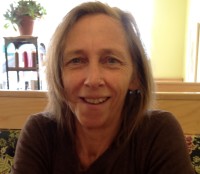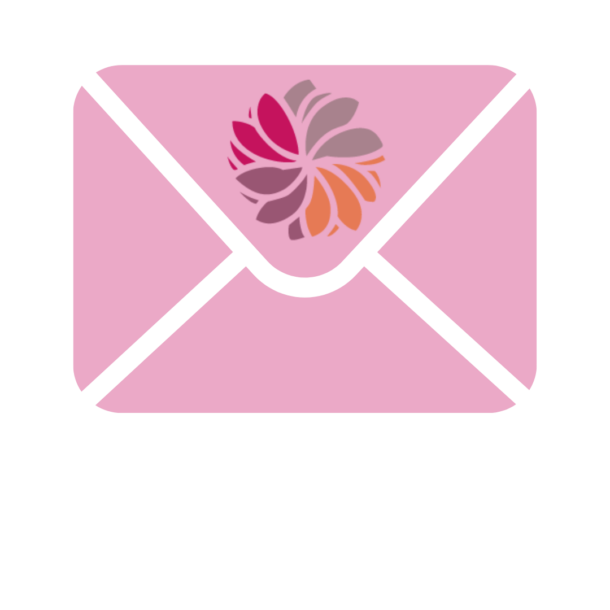May is International Doula Month, so we partnered with doula teacher Thérèse Hak-Kun to talk about the integral role doulas play in guiding expectant families into parenthood.*
For the past 18 years, I’ve facilitated doula training workshops all over North America and crossed paths with nearly 4,000 people who are drawn to helping others throughout pregnancy and birth.
Doulas — and those training to serve as doulas — come from many walks of life. For some, childbirth was phenomenal. For others, it was traumatic. Some have not had a baby but understand the importance of this time. Their careers vary dramatically: some are hairdressers or massage therapists, others scientists or engineers. Most are women, some are men. Some are gender-neutral. They represent all ethnicities, religions and ages.
Backgrounds and experience aside, doulas all have one thing in common: a desire to offer support, compassionate care and dignity to all who are birthing a child.
Doulas help people formulate questions: What do they want to ask their care provider? What do they want to ask themselves?
So what, exactly, is a doula? Doulas are there to help a pregnant person understand what options and choices they have. Doulas help people formulate questions: What do they want to ask their care provider? What do they want to ask themselves? Doulas help people find resources that will help provide answers, whether via books, evidence-based materials and articles, groups or practitioners.
Doulas spend a lot of time listening. Listening to worries. Fears. Concerns. It’s not that the doula always has the answer; it is that they provide the space for concerns to be spoken and help find answers or solutions to ease fear. So often, it is simply by listening that fears can be reduced or expelled.
The ultimate goal of childbirth is a healthy baby and healthy mother. But a doula’s definition of a healthy outcome is not just based in the physical. It encompasses the emotional and spiritual experience of the birthing person and their child. Doulas want people to feel they actively participated in birth, not that birth was something “done” to them.
Doulas also prepare people for being active, involved parents by helping them find their voice during pregnancy and childbirth. This is imperative because for a long time, parents serve as their child’s voice.
Doulas also prepare people for being active, involved parents by helping them find their voice during pregnancy and childbirth. This is imperative because for a long time, parents serve as their child’s voice. If a parent uses their voice effectively, they can help their children find and use their own voices as they grow up. That will help break the cycle in our culture of people feeling unheard and being afraid to ask questions.
I learned from two women who came from Ethiopia, one whom I taught and another whose birth I attended, that there is also the word dula in their language. There, dula is mostly understood to be a walking stick or a stick used for protection. For me, this definition is perfect when describing the role of a doula. A doula is there to support a person as they walk this journey into parenthood.
Some people will say that they are not looking for an “experience” in birth. But in the end, they will have an experience and it will be with them forever. To take a walking stick with you into this sacred but uncharted terrain is nothing but an asset. Everyone can use support, everyone wants to be supported, everyone wants to feel safe — and that is exactly what a doula does for expectant parents.
I am extremely grateful for all those who do this work.
Thérèse Hak-Kuhn is Executive Director of toLabor, an international doula-activist training and certification organization; producer of toRaise Questions Doula Podcast, which can be found on iTunes; a midwife assistant; facilitator of one of the oldest birth circles in the U.S.; and a mother of six. She also serves on the board of Nurture.
*You’ll notice the absence of “she” and “her” when the writer refers to the pregnancy in this blog post. That’s in honor of the many transgender and gender-neutral people she works with. We want to know your experience and thoughts about gender identity — what does it mean to you? How can providers be inclusive of all gender identities in their work? Please send us your thoughts for possible use in a future blog post.



I was a doula for over 20 years in Harrisonburg,va. We may have been the only group of volunteer doulas in va. When the hospital tried to make it a paying program, we protested, because we felt some who needed us most could not afford to pay.
I am fluent in Spanish, and we have many Hispanics because of the poultry industry. Many women had given birth in their countries of birth, at home, with comadronas, usually family menbers, or parteras (midwives.) Being in a hospital and not speaking English was very scary. I felt the doula program was a godsend for them.
When the new hospital was built and became part of Sentara rather than a community hospital, the program was dropped. Now I understand it is a paid program.